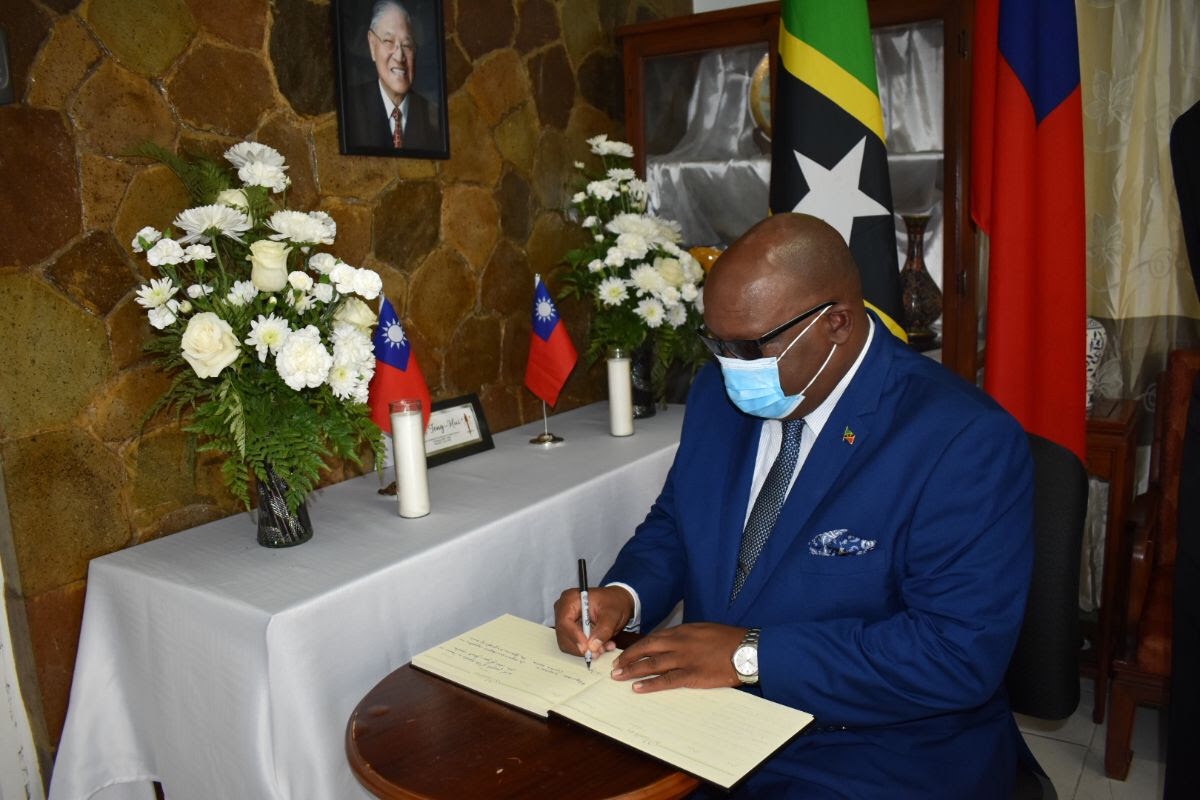Press Release:
The Ambassador of St. Kitts and Nevis to the United States, Her Excellency Thelma Phillip Browne, has welcomed passage of the United States-Caribbean Strategic Engagement Act (H.R. 4939), which is aimed at consolidating the United States’ engagement with the Caribbean.
Ambassador Phillip-Browne welcomes the wide range of community and institutional support which the bill provides, but is particularly enthused by the potential support for “public health advances and cooperation on health concerns and threats.” Her enthusiasm stems from the fact that aid will come not only for communicable and non-communicable diseases, but for an enhanced approach to managing crime as the public health issue that it is.
In welcoming the passage of the bill, she commended its sponsors, New York Democratic Congressional Representative Eliot L. Engel, ranking member of the US House of Representatives’ Committee on Foreign affairs, and South Florida Republican Congresswoman Ileana Ros-Lehtinen, a former chair of the committee and thanked all those involved in its passage.
The Ambassador took note of Congressman Engle’s comments that passage of the bill comes “At a time when our friends in the Caribbean need us more than ever, this bill will prioritize our partnership with the sub-region for many years to come.
It is long past time to have a multi-year strategy that will allow us to increase engagement with the Caribbean, especially when it comes to energy and security.
The countries of the Caribbean are profoundly important to the United States, and particularly to the many Caribbean-American citizens in our country.”
Under the United States-Caribbean Strategic Engagement Act (H.R. 4939), the US Secretary of State and the US Agency for International Development (USAID) will devise a multi-year strategy on issues of concern to the region, such as security, energy, diplomacy and increased access to educational opportunities.
The measure, which unanimously passed the US Senate on Tuesday, now awaits President Barack Obama’s signature for it to become law.
-30-









